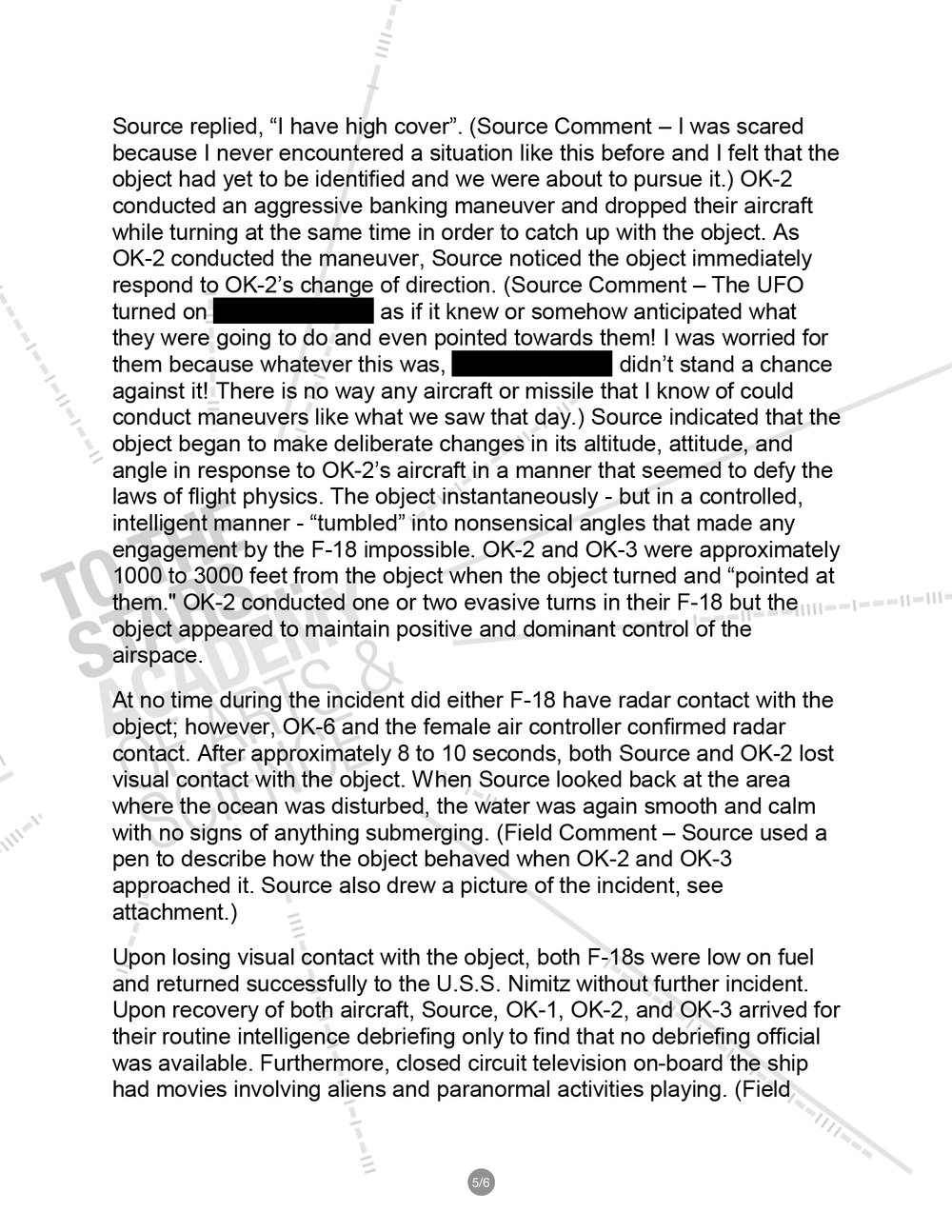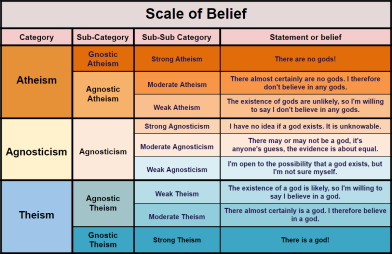I think that depends what you mean by "most logical."There are many worldviews, such as atheism, apatheism, agnosticism, theism, deism, pantheism, panentheism just to name a few.
In this thread, we will offer our opinions as to which worldview is the most logical. With your opinion, please provide a reasoned argument as to why.
Preemptively, this is not a thread to argue which worldview is right. The view you perceive to be the most logical may not even be your own.
Above all, let's please keep the discourse civil.
I will offer my opinion later in the thread, but you are welcome to guess which one I might view as the most logical. You might be surprised.
If you just mean "logically consistent," then pantheism probably wins:
- let us define the universe as "God"
- the universe exists
- therefore God exists
The only external claim ("the universe exists") is one that I think is generally accepted. My objections to the first statement aren't about logic per se.
However, if "most logical" also considers the logic that went into the construction of the worldview, then I can't see how any worldview that includes a deity can be "most logical" unless the necessity of a deity was shown to be necessary.


